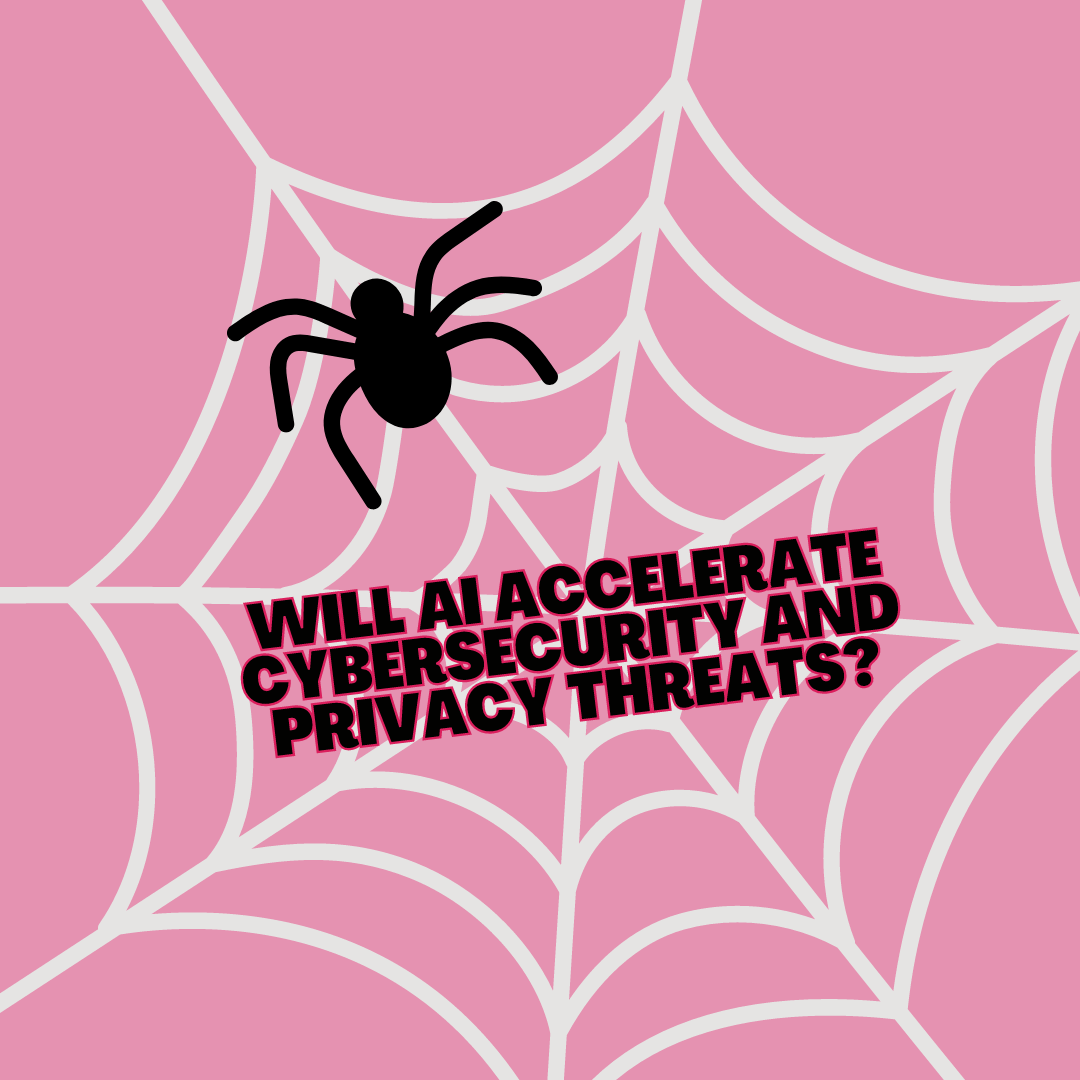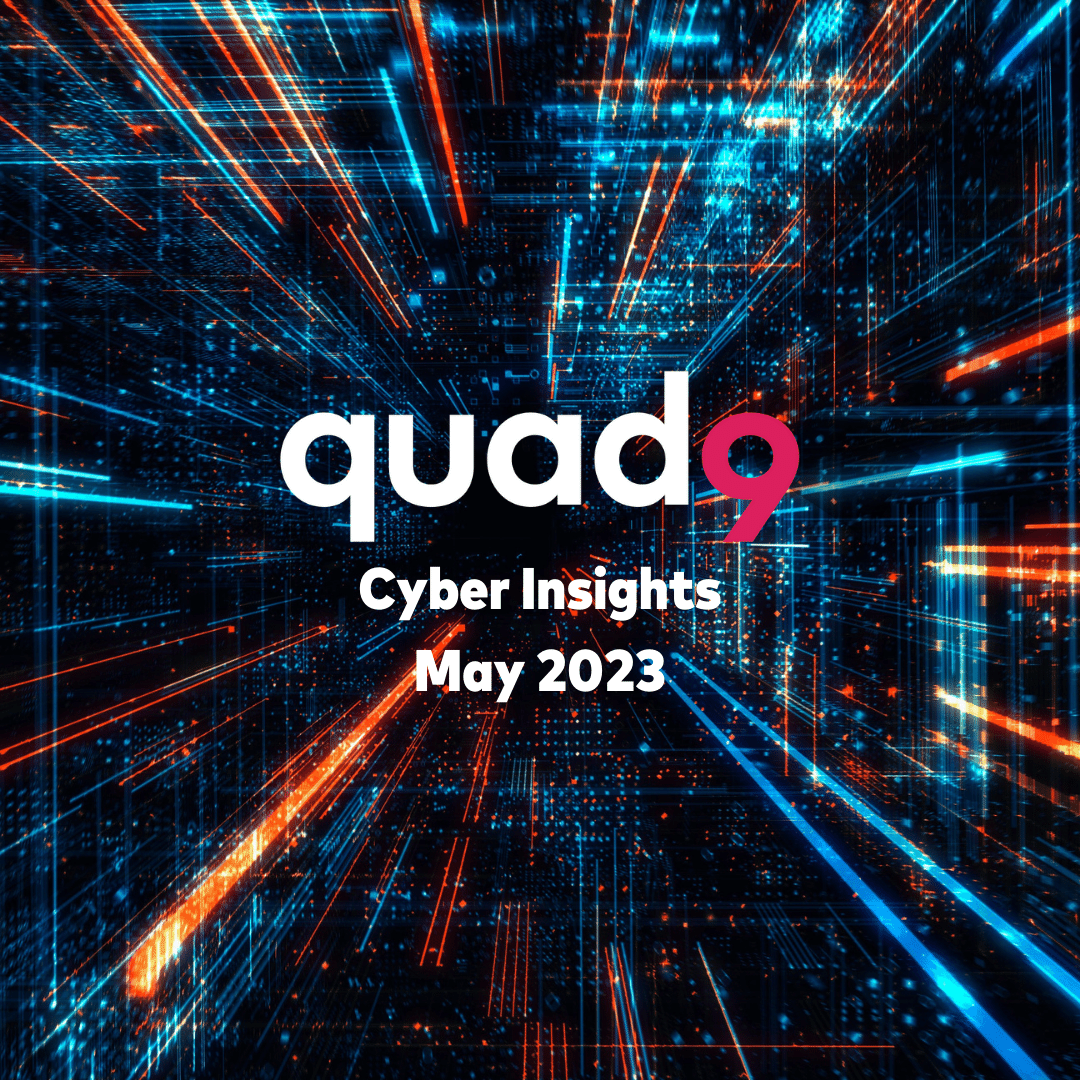Eliminating the pains of internet security attacks! Non-profit organization Quad9 aims to become a global security shield.

English Translation for BNEXT Article
2019-06-04
Reference Article: https://www.bnext.com.tw/article/53506/quad9-dns-cybersecurity
“I’d like to prevent people from being hacked and not to lose the valuable things in their lives,” said John Todd, executive director of Quad9. In the hopes of providing basic internet security protection and free of charge, John Todd devotes himself to running the free DNS services Quad9 to expand its footprints worldwide.
Many people think that security protection is very critical. However, when it comes to paying for security services, most people would then hesitate. It is often until they become the prey of security attacks that they would do something about it. Quad9 is a non-profit project that provides basic security protection even to people with lower security awareness.
Quad9 blocks against known malicious domains, preventing users’ computers and devices from connecting to malware or phishing sites. Quad9 services are now available in more than 145 locations in 88 countries thanks to John Todd’s and his team’s efforts devoted to promoting such services worldwide.
As stated by Todd, he had been devoted to DNS-related services in his early career but never had the chance to give back to society. Now, as the executive director of Quad9, he finally got the job that he had waited for his whole life.
The Quad9 project can be dated back to 2016. By then, Global Cyber Alliance, a non-profit advocating for cybersecurity, hoped to initiate a security program to provide comprehensive security coverage to various uses at an affordable cost possible. They thought DNS was a good starting point for cybersecurity defense, so they partnered with Packet Clearing House (PCH), another non-profit working in the field of DNS, that was also where John Todd worked at that time.
They concluded that: 1) it must be an independent and non-profit project and have its own board of directors 2) they need to have an easy-to-memorize IP address. They found that IBM had a DNS of 9.9.9.9 that was what they needed while IBM was also looking for non-profit partners to promote free security services at the same time. The parties then started their non-profit project together.
In this project, IBM not only donated the IP address but also continuously provides resources in promotion, threat model analyses, and threat intelligence to optimize services for users. With IBM’s help, the service became readily available and went live in November 2017. During its pilot stage, several government agencies of the U.S. also approached Quad9 for their services. Quad9 services are not only free of charge but do not track users’ data. The high-level confidentiality also ensures government agencies of its security. “In addition to the U.S. government, we also have several government clients. Because our services are easy to set up, with just one click, they can include their servers under Quad9’s protection,” said John Todd.
As for IBM’s role in Quad9 project, it helps activate detection and investigation into Quad9’s data. If Quad9 detects a new domain, it can also be feedback to IBM to investigate to tell whether it’s malicious or not.
Quad9 is about to launch its Android app. Why Android app first? Because the users located in developing countries are the ones they wish to protect first. Also, Android is usually the operating system they use.
“In many developing countries that are often overlooked by major tech companies, we’re probably the only available DNS warning system locally,” said Todd. For citizens in developing countries, the price they have to pay when being hacked is often higher than that of users in developed countries. For example, a mobile phone’s cost may be equivalent to several months’ salary of citizens in developing countries.
In the future, Quad9 will continue to expand its footprints worldwide such as some island states in South America and the Pacific Ocean.


